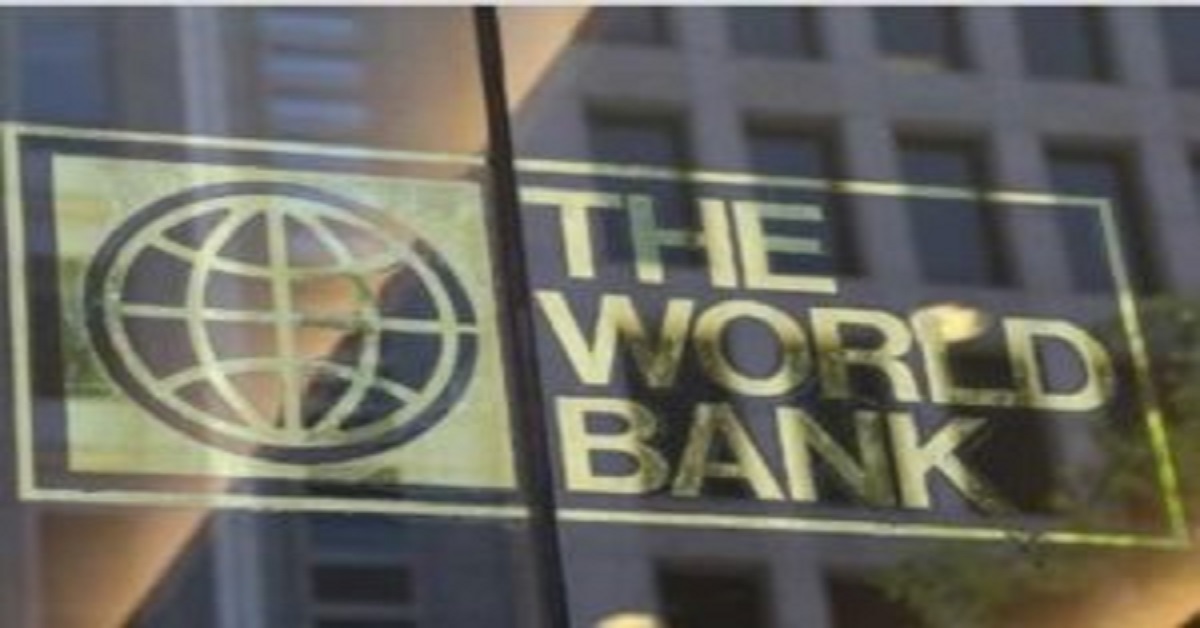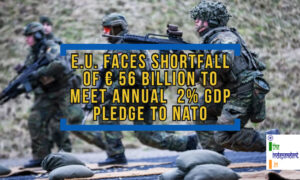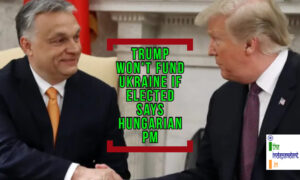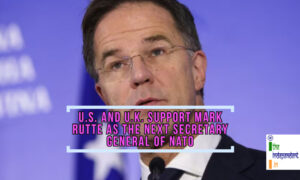
World Bank agrees to aid People’s Republic of China with U.S. $ 1- $ 1.5 billion, upsetting the USA
Despite objections from the White House, the World Bank has said that its Board has decided to go ahead with a new plan to aid People’s Republic of China with U.S. $ 1- $ 1.5 billion in low-interest loans annually, through June 2025.
The financial assistance is a part of ‘Country Partnership Framework’ (CPF). The CPF is a central tool of Management and the Board for reviewing and guiding the World Bank Group’s country programs and gauging their effectiveness. The CPF identifies the key objectives and development results through which the World Bank Group intends to support a member country in its efforts to end extreme poverty and boost shared prosperity in a sustainable manner.
The funds will be given to help China fund green investments, encourage market-oriented reforms and promote early childhood development and healthcare initiatives.
Opposing the move, the United States (U.S.) Secretary of the Treasury – Steve Mnuchin has told World Bank to “graduate” China from its concessional loan programmes for low- and middle-income countries.
Speaking on the occasion, Mnuchin said, “We negotiated significant reductions in China lending with a path to get below $1 billion.” He also said, “Yesterday we submitted our objection to the current country plan.”
The World Bank has said its lending would decline over the CPF plan, in line with reforms agreed based on a U.S. $ 13 billion capital increase agreed in 2018. In 2019, World Bank gave China U.S. $ 1.3 billion as compared to U.S. $ 2.4 billion in 2017. The new plan calls for lending to decline from the previous 5-year average of U.S. $ 1.8 billion.
A statement from World Bank said, “Lending levels may fluctuate up and down from year to year due to normal pipeline management based on project readiness.”
The World Bank also said that China has requested for continued financing from the World Bank’s International Bank for Reconstruction and Development division as platforms for reform, institution building and knowledge transfer.
However, Mnuchin believes that China is too wealthy to avail finances specially when it is itself providing financial assistance to a lot of developing nations under its ‘Belt & Road Initiative’ (BRI). The BRI is a global development strategy adopted by the Chinese government involving infrastructure development and investments in 152 countries and international organizations in Asia, Europe, Africa, the Middle East and the Americas. The BRI aims to enhance regional connectivity and embrace a brighter future.
The U.S. legislators have also raised concerns that the U.S. taxpayer’s funds, loaned through World Bank to China, are being used by China to support their initiatives which are in violation of human rights. The U.S. has accused China of continued mass detention of religious and ethnic minorities in far Western region of Xinjiang in China. Upto 2 million Muslim Uyghurs and other minority groups are detained in these detention camps, which are working to eradicate their language and cultural heritage.
The Uyghurs are Muslims of Turkic ethnicity who live in East and Central Asia. Uyghurs in Xinjiang live under a full-fledged police State with extensive controls and restrictions upon their religious, cultural and social life. They are not allowed to own books about Uyghurs, grow a beard or have a prayer rug. Besides, the Government had also installed cameras in the homes of private citizens.
However, China had until now, denied existence of such camps. But off late, they have termed them as vocational training centers, which are a part of a region-wide program, designed to curb Islamic extremism.
The U.S. House of Representatives has voted to approve Uyghur Intervention and Global Humanitarian Unified Response (UIGHUR) Act of 2019. The Act, if enacted, will allow the U.S. to impose sanctions against Chinese Officials for abusing human rights in far Western Region of Xinjiang in China. The Bill is now awaiting review form the Senate.
The HKHRDA refers to a U.S. Federal Law that allows U.S. to impose sanctions against Chinese and Hong Kong officials responsible for human rights abuses in Hong Kong. It also requires the U.S. Department of State and other agencies to conduct an annual review to determine whether changes in Hong Kong’s political status (its relationship with mainland China) justify changing the unique, favourable trade relations between the U.S. and Hong Kong.
The recent developments come as China and U.S. are close to signing the Phase-1 of the ongoing trade deal between them. The U.S. is set to impose a tariff of 15% on fresh set of Chinese goods worth U.S. $ 156 billion on December 15, 2019. If the U.S. goes ahead with it, China will also retaliate with another round of tariffs on U.S. goods worth U.S. 75 billion.







